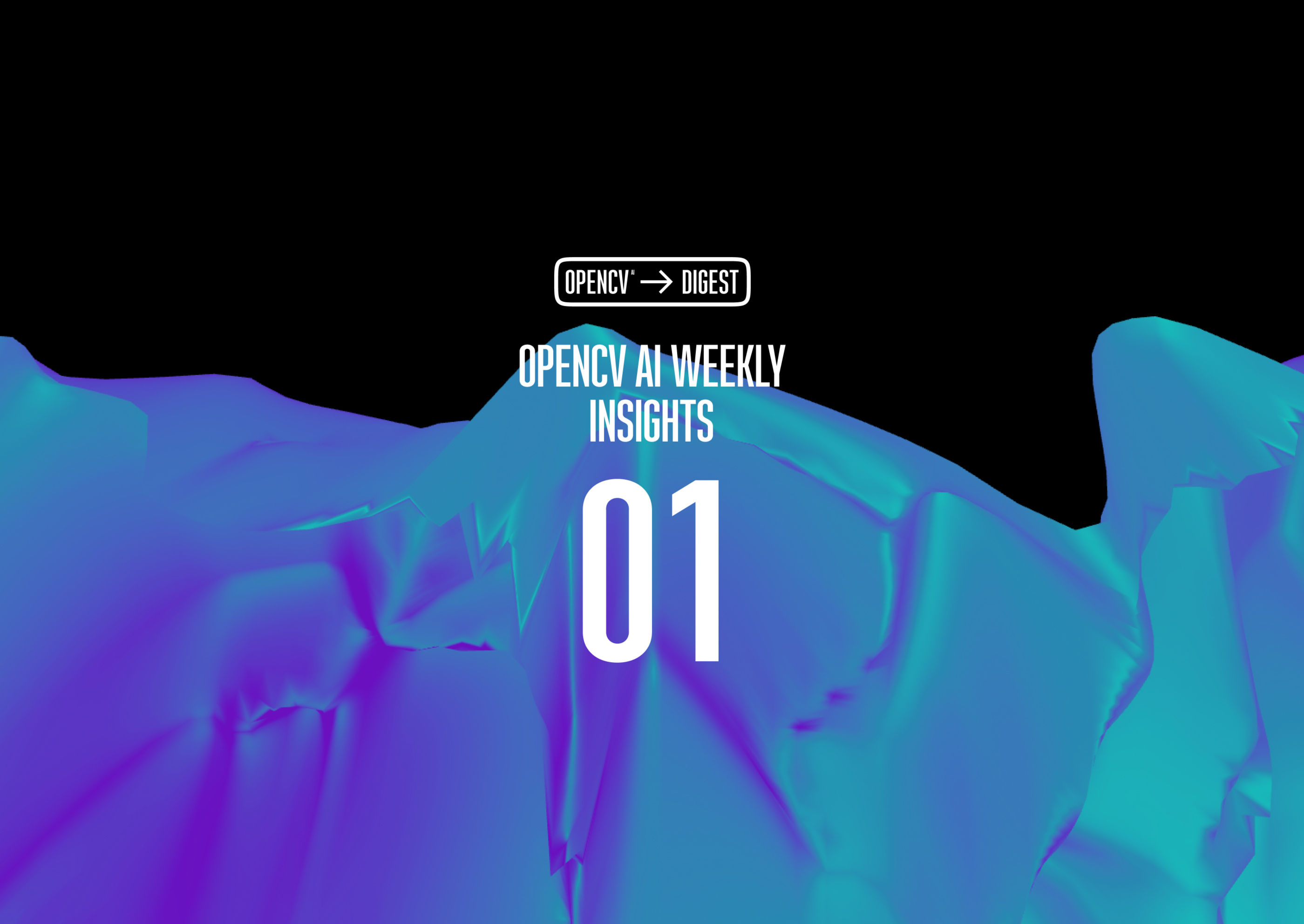

Our aim is to keep you up to date with the latest news and developments in the world of Artificial Intelligence. Whether you're an experienced AI enthusiast or just starting to explore the world of AI — our digest is designed to keep you informed and inspired 🔥
Ready to dive into this week's AI adventures? Let's explore the exciting updates that are transforming the world of AI!

NVIDIA has announced GH200, which combines the Grace Hopper Superchip with HBM3E memory technology to enhance the performance of supercomputing applications for Generative AI. It increases AI inference speed by 1.2 times and training speed by 1.7 times compared to the A100 Tensor Core GPU.
NVIDIA highlights GH200's technical capabilities, specifically its ability to handle complex AI workloads, simulations, and scientific computations. The exceptional bandwidth and capacity of HBM3E memory technology allow smooth data transfer and manipulation, which improves the efficiency of compute-intensive tasks.
The base version has 141 GB VRAM and 72 ARM Neoverse cores with 480 GB LPDDR5X RAM. You can combine dual "superchips" using NVIDIA NVLink to get 480x2 GB of fast memory (RAM).
The commercial release is scheduled for the second quarter of 2024. Keep an eye out for updates!
Source: NVIDIA News Article

LabGenius is pioneering a transformative AI-powered approach to engineering new medical antibodies. Creating medical antibodies has traditionally been a long process of selecting amino acid combinations and testing them.
LabGenius uses AI to quickly analyze biological data and find strong antibody candidates with great accuracy — the process involves the AI model assessing 700 initial options from a pool of 100,000 antibodies and then automating the design, construction, and testing of these candidates to find promising leads for further exploration.
This approach could revolutionize drug discovery and streamline a historically complicated process. LabGenius promises to improve patient care with better and safer antibody treatments. They do this by discovering molecules that other methods might miss and using these discoveries to create better outcomes for patients. This will lead to a new era of medical innovation!
Source: Wired Article
In the age of AI, Large Language Models have been found to contain political biases. This was revealed in a groundbreaking expose by MIT Technology Review, raising concerns about the impartiality of AI as we approach technological evolution.
The article explores how AI Large Language Models, which are designed to generate text like humans, can be biased like humans. Researchers have found that these models often reflect the same biases and tendencies present in human communication.
The researchers tested 14 popular models and discovered that OpenAI's ChatGPT and GPT-4 leaned towards the left when it came to libertarianism, while Meta's LLaMA leaned towards the right when it came to authoritarianism.

Large Language Models are utilized in various industries to enhance products and services and provide better user experiences. Millions of people rely on these models daily, which highlights the importance of building them without political biases. Failing to do so could result in unintended consequences that may cause harm to users.
To avoid issues, companies must proactively identify and address potential biases in their AI models. This involves incorporating diverse perspectives and ensuring that the data used to train the models is representative of the real world. By doing so, companies can create more ethical and fair AI models that benefit everyone.
Source: MIT Technology Review Article
In a bid to enhance operational efficiency and drive cost reduction, entertainment giant Disney has established a specialized team dedicated to harnessing the capabilities of Artificial Intelligence (AI). This group will delve into creative approaches for seamlessly integrating AI across different aspects of Disney's operations.

The task force will focus on investigating how AI can streamline operations, automate repetitive tasks, and identify areas where cost savings can be realized across Disney's diverse range of endeavors, including film production, theme parks, and media networks. It will be fascinating to see what specific AI technologies and strategies Disney uses to achieve its objectives!
Source: Reuters Article

Stability.AI has introduced the StableCode LLM, a new technology that could change how coding works. They explained all the details of the technology and how it could change the coding world in a recent blog post.
By learning from existing code, StableCode LLM can create code snippets, algorithms, and even entire software modules automatically, making development faster and more efficient. It can handle complicated programming languages and patterns.
Stability.AI believes that humans and AI can work together to achieve better results. They designed StableCode LLM to help developers instead of replacing them. With the help of StableCode LLM, developers can unlock their full potential and achieve greater success in their work.
Source: Stability.AI Blog
So, buckle up and get ready to dive into the AI universe. Stay tuned for more! Your weekly dose of AI knowledge is just a scroll away.
See you in the next edition!
